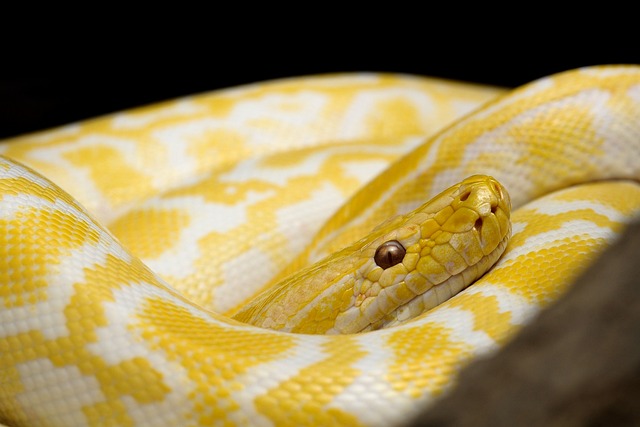
More than 50 percent of people freak out when they see a snake, and between 2 to 3 percent of the whole population has a snake phobia. While it is normal to be scared. It is essential to remain calm and composed when you encounter a snake in your home.
If you’re wondering why snakes might be loitering about your home and what to do to get rid of them, read on.
Why Snakes Enter Homes
In recent years, snake habitats have experienced a severe change due to human activities and infrastructural development.
More often than not, snakes often wander around and sometimes end up in homes and offices. They don’t want to be in your home any more than you do.
There are occasions when snakes enter the home to search for warmth during winter, shelter, protection against predators, and sometimes food. Animals like birds, rats, fish, frogs, snails, and so on are prey on snakes.
Most snakes that enter the home are non-venomous snakes. However, you should stay away from them since identifying venomous snakes from non-venomous ones can be tricky.
What To Do When You Find A Snake in Your Home
- Remain calm
- Keep pets and children away
- Do not scare the snake or disturb it. Most snakes attack when frightened and also run into hiding, where it can be not easy to find it.
- If the snake is close to the door, gently herd it toward the exit with a broom if you can. If you can’t, try to cover the snake with a box or bucket and place something on it.
- If you can’t do either of the above, keep your eyes on the snake and call a pest control company to help.
Common Snakes Found in Home
- Black rat snake
- Copperhead
- Viper
- Rattlesnake
- Common garter snake
Signs That You Have Snakes Around
- Shed snakeskin
- Snake droppings
- Slithering tracks
- An unusual smell, especially in an area without ventilation
How to Prevent Snake From Your Home
- Keep windows and doors closed
- Declutter your garage and all underground properties. Keep the place clean and orderly.
- Keep pets in cages made of fine mesh to deny snakes entry.
- Keep vegetation short
- Seal cracks and holes around the foundation and the walls. Screen all outdoor vents and open crawl spaces.
- Subscribe to regular pest control
- Use snake repellent like cinnamon, garlic, cloves, onions, and lime.
How to Treat a Snakebite
All snakes bite, especially when threatened, frightened, and provoked, primarily to defend themselves against their tormentor. Not all snake bites are poisonous, yet all snake bites must be treated with urgency. Call an ambulance for help while you give/receive the following carefully before its arrival.
- Avoid chasing the snake, as it can bite you again.
- Don’t panic and lie down on your side.
- Remove all tight-fitting accessories like rings, wristwatches, chains, and even clothing material in that category.
- Place the bite in a neutral position of comfort and below the heart.
- Clean the wound with regular soap and water, wrap it with a bandage and apply pressure as you do.
- Describe everything you can remember about the snake that bites you to your caregiver when they come.
